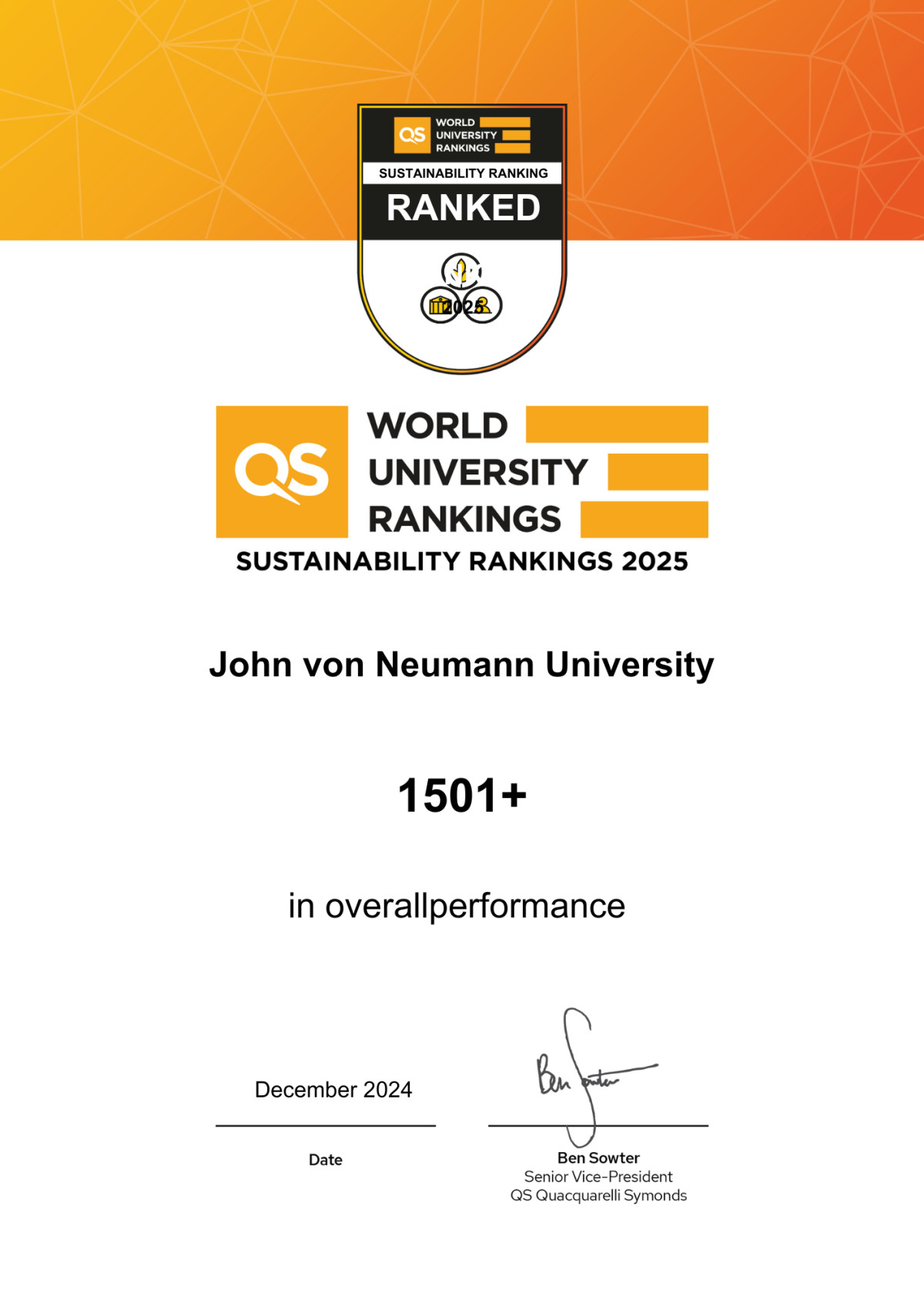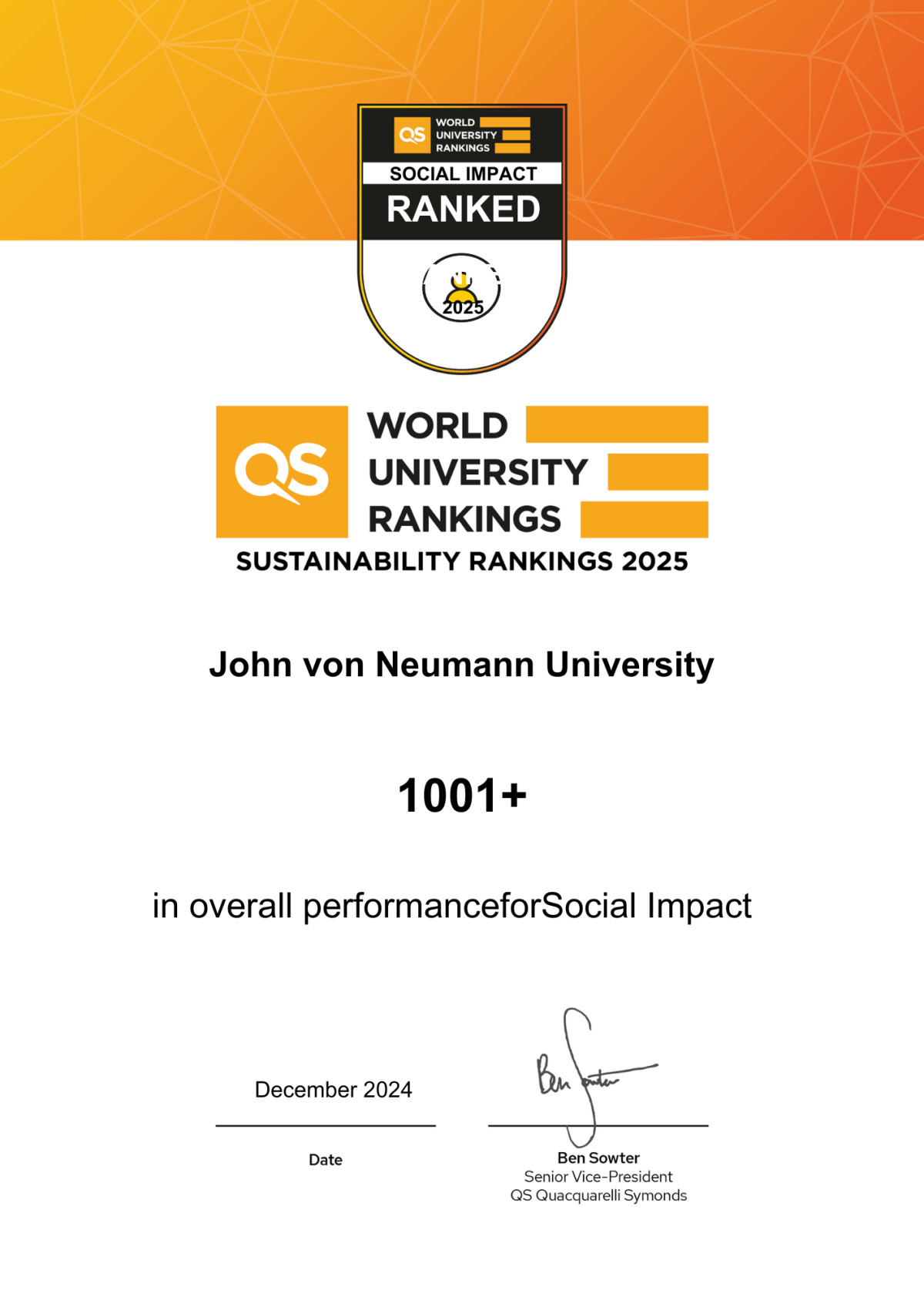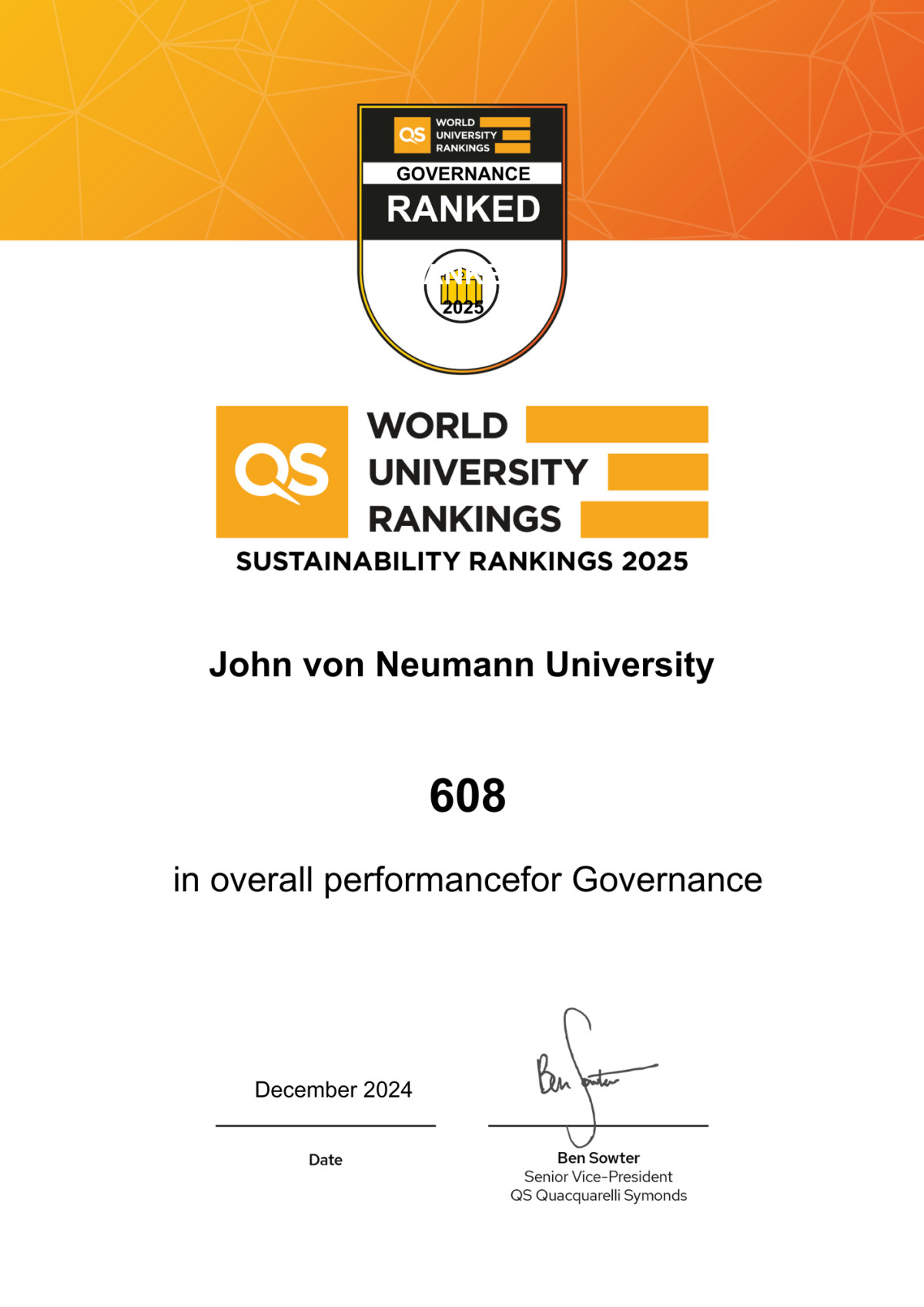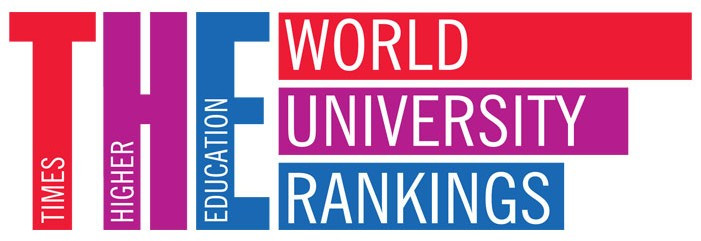
The QS World University Rankings is a prominent portfolio of university rankings that compares institutions globally. It's one of the most widely recognized and consulted university rankings.
The QS World University Rankings for Sustainability is a ranking system designed to evaluate how universities are addressing major global challenges related to environmental, social, and governance (ESG) issues. It provides students and stakeholders with a way to assess an institution's commitment to sustainability beyond traditional academic metrics.
The methodology is complex and uses a variety of data sources, including information provided by the universities themselves, QS's own reputation surveys, and data from third-party sources like the United Nations, UNESCO, and the World Bank.
The ranking system is structured around three main categories:
- Environmental Impact: This evaluates a university's dedication to sustainable existence and includes metrics such as environmental education, research, and campus-wide sustainability efforts like carbon emissions and renewable energy.
- Social Impact: This assesses a university's social development and includes indicators related to equality, health and wellbeing, knowledge exchange, and the impact of its education.
- Governance: This category, which has been part of more recent editions, looks at an institution's governance practices.
 |  |  |

The Times Higher Education (THE) World University Rankings are a highly influential annual publication that assesses universities globally. They are a trusted resource for students, academics, university leaders, and governments, helping them make informed decisions about education, careers, and policy.
The rankings evaluate universities based on a detailed methodology that measures performance across five key areas:
- Teaching: The quality of the learning environment.
- Research Environment: The volume, income, and reputation of a university's research.
- Research Quality: The influence and impact of a university's research, often measured by citations.
- International Outlook: The level of international students, staff, and research collaboration.
- Industry: The university's ability to attract funding from industry, which indicates knowledge transfer.
This methodology provides a comprehensive and balanced assessment of universities' strengths and performance worldwide.
Neumann Ranking - THE Times Higher Education
